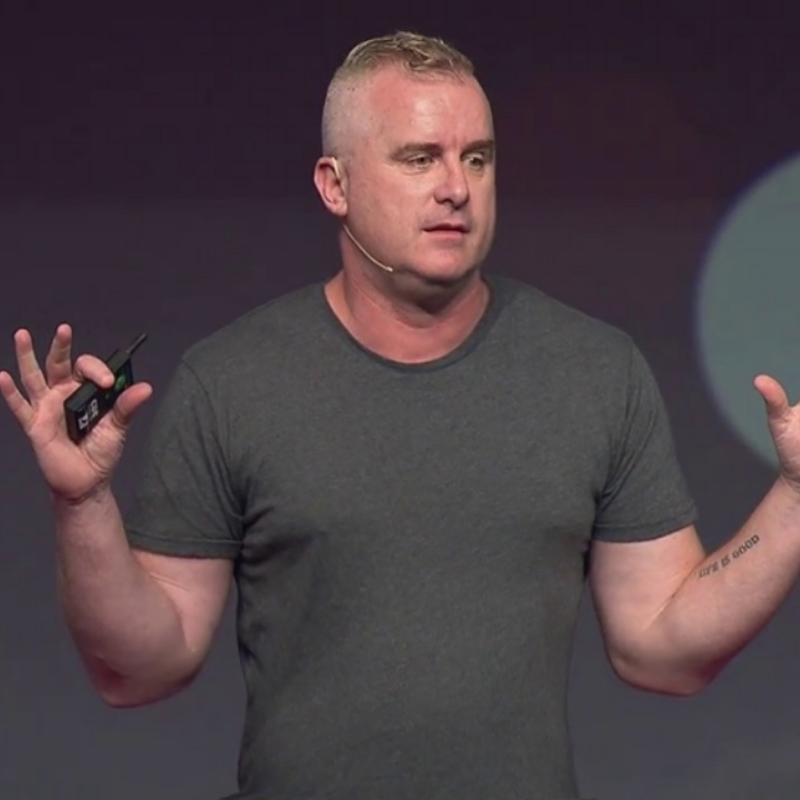Are you someone who always puts others’ needs before your own? Do you struggle with saying no, even when it means sacrificing your own well-being? If so, you may be a people-pleaser. While it’s important to be kind and considerate towards others, constantly prioritising their needs over your own can lead to feelings of resentment, burnout, and low self-esteem. In this article, we’ll explore what it means to be a people-pleaser, the negative consequences of this behaviour, and effective strategies to break free from people-pleasing and build self-respect.
Understanding People-Pleasing: What it Means and Why it Happens
People-pleasing is a common behaviour pattern in which an individual goes out of their way to meet others’ needs, often at the expense of their own.
People-pleasers tend to avoid conflict, seek approval from others, and prioritise harmony over their own needs.
While this behaviour may seem like a positive trait on the surface, it can lead to negative consequences in the long run.
Here are some reasons why people-pleasing happens:
Fear of rejection
People-pleasers often worry that if they don’t meet others’ needs, they will be rejected or disliked.
Low self-esteem
People-pleasers may feel like they are not good enough, and seek validation from others to feel worthy.
Childhood experiences
People-pleasing may have been learned as a coping mechanism in childhood, where pleasing others was necessary for survival or avoiding punishment.
Social conditioning
Society often promotes the idea that being kind and considerate towards others is the right thing to do, even if it means sacrificing your own needs.
The Negative Consequences of People-Pleasing
While it may seem like people-pleasing is a positive trait, it can have negative consequences in the long run.
Here are some ways that people-pleasing can be harmful:
Resentment
Constantly putting others’ needs before your own can lead to feelings of resentment towards those individuals.
Burnout
People-pleasers may find themselves constantly overcommitted and overwhelmed, leading to burnout and exhaustion.
Low self-esteem
Prioritising others’ needs over your own can lead to a lack of self-respect and self-worth.
Unhealthy relationships
People-pleasers may attract individuals who take advantage of their kindness and generosity, leading to toxic or unhealthy relationships.
Breaking Free from People-Pleasing: Strategies for Practicing Assertiveness
If you identify as a people-pleaser, it’s important to take steps to break free from this behaviour pattern and build self-respect.
Here are some effective strategies for practicing assertiveness:
Identify your values and priorities
Take some time to reflect on what is important to you and what your values are.
This can help you prioritise your own needs and set boundaries with others.
Learn to say no
Saying no can be difficult for people-pleasers, but it’s an important skill to develop.
Practice saying no in low-stakes situations, and remember that saying no is not a reflection of your worth as a person.
Use “I” statements:
When communicating with others, try using “I” statements to express your own feelings and needs.
This can help you assert your boundaries without blaming or attacking others.
Practice active listening
Active listening involves fully focusing on the other person and seeking to understand their perspective.
This can help you communicate more effectively and build stronger relationships.
Set boundaries:
Setting boundaries involves communicating your limits and expectations with others.
This can help you prioritise your own needs and avoid feeling overwhelmed or resentful.
Learn to tolerate discomfort
Assertiveness can be uncomfortable at first, but it’s important to remember that discomfort is temporary and necessary for growth.
Practice tolerating discomfort and facing your fears, and remember to be kind and compassionate towards yourself in the process.
Frequently Asked Questions
Q: Is people-pleasing always a bad thing?
A: No, it’s important to be kind and considerate towards others. However, constantly prioritising others’ needs over your own can lead to negative consequences.
Q: How can I learn to say no without feeling guilty?
A: Remember that saying no is not a reflection of your worth as a person. Practice saying no in low-stakes situations, and remind yourself of your values and priorities.
Q: Will practicing assertiveness change my personality?
A: No, practicing assertiveness is not about changing who you are, but rather learning to communicate more effectively and prioritise your own needs.
Conclusion: Breaking Free from People-Pleasing
In conclusion, people-pleasing can be a harmful behaviour pattern that leads to resentment, burnout, and low self-esteem.
However, by practicing assertiveness and setting boundaries, you can break free from people-pleasing and build self-respect.
Remember to identify your values and priorities, learn to say no, use “I” statements, practice active listening, set boundaries, and learn to tolerate discomfort.
With time and practice, you can develop the assertiveness skills necessary to prioritise your own needs and build healthy relationships.


















